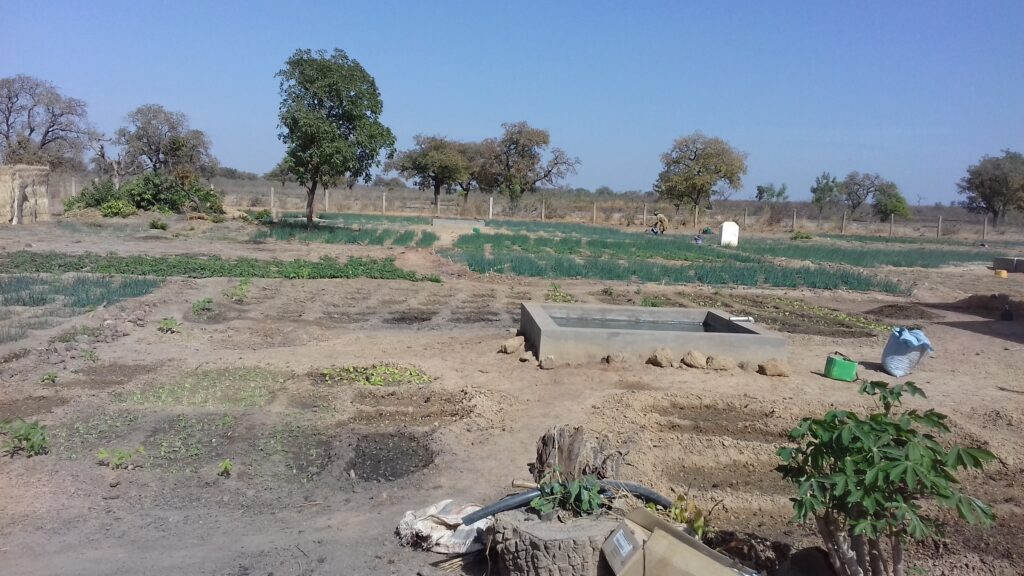MALI – Mali is traditionally a country where arable farming is combined with afforestation and grazing land for livestock. A growing problem with this is land ownership. In Mountougoula, traditional practices are coming under pressure because of the growing population.
Agriculture is family-based and is the primary source of income and employment for the Malians. Agriculture is heavily affected by climate fluctuations, but it is also the pillar of food security for the country.
Intense conflicts are ongoing in rural areas, not only over agriculture and livestock itself, but also intrafamily disputes and tensions between communities. A major challenge is the land ownership issue. It is again high on the agenda of the people and local and national governments. This is due to rapid demographic development, the impact of climate change on natural resources, causing many to migrate to large cities (especially Bamako), and the sharp growth in the need for space for agriculture, livestock and housing.
Villages are being engulfed
Large cities continue to develop and expand into secondary towns and nearby villages. For example, the capital, Bamako, has overstepped its original boundaries to swallow up neighboring villages of the Cercle* Kati, formerly an agricultural and livestock area. Access to land there is regulated by law, which also takes into account customary law, a right based on customs and passed down orally from generation to generation.
Today, the municipality of Mountougoula, east of Bamako and belonging to the Cercle Kati, has been completely absorbed. Customary land rights are recognized by law and are exercised by village chiefs who allocate agricultural land to individuals and families, according to existing customs.
The applicant’s request is the basis for the allocation of land for agriculture, for settlement in the village or for any other use. Village chiefs and “chiefs of customary law” first conduct an investigation and accept the allocation for the requested needs, especially for agriculture. The applicant must comply with a number of rules:
- respect for and protection of the environment;
- respect for certain tree species and natural resources that should never be cut down;
- respect for the conservation and protection of certain animal species;
- respect for easements of watercourses and protection of water resources and vital forest resources;
- respect for the boundaries of its land and its surroundings;
- respect for the customs of the village.
If someone does not respect these rules, that person may be expropriated or evicted from the village.
As more and more people move to the capital and Mountougoula also experiences a strong influx of new residents, land speculation is on the rise and the local tradition gets disrupted. There is also money involved and, as a result, old customs are completely thrown overboard.
Right to water, and to farmland
Much of Montougoula’s farmland has been taken away and sold or reallocated by the government. Today there is hardly any farmland left. The old land tenure practices have been practically abandoned, and the rules for protecting farmland have been abandoned.
To properly manage land in Mountougoula, one must respect the development plans and zones designated for agriculture. It is important to respect watercourse easements by leaving at least 200 meters free on either side of the Koba river and around the village’s sacred lake. Both ecosystems are essential for biodiversity that is under pressure today.
Join For Water, through its partner Coalition Nationale pour la Sauvegarde du Fleuve Niger (CNSFN), is putting together an advocacy plan to address land tenure issues. This fits into improving water rights, policy and governance of water-related ecosystems and ecosystem services.
* A Cercle is the 2nd level of government after the “regions” in Mali.
Learn more about our partner CNSFN.

